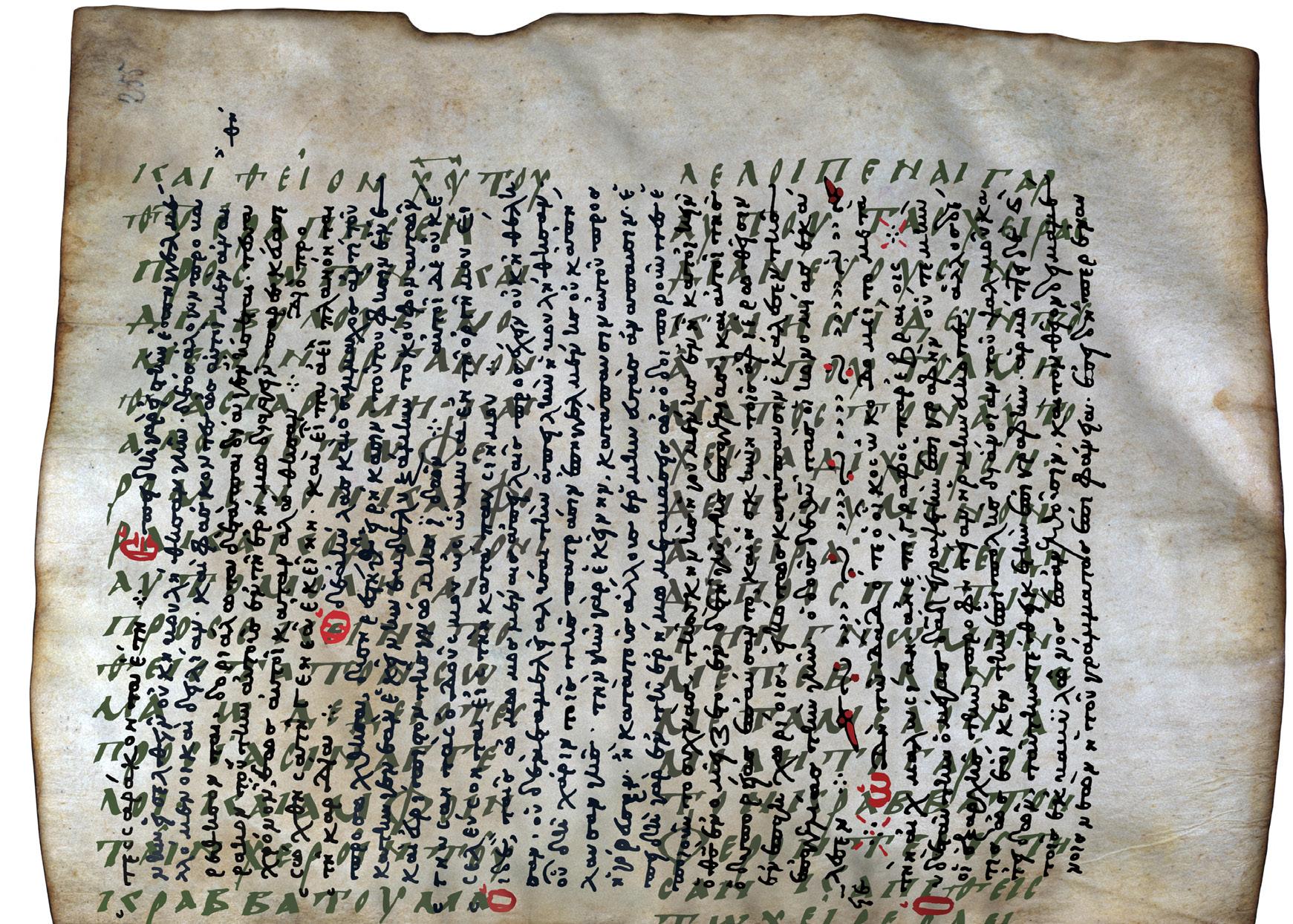Comparative Oriental Manuscript Studies
Since 2009
The cooperative network Comparative Oriental Manuscript Studies (COMSt) aims at facilitating cross-cultural academic dialogue and active exchange in the field of oriental manuscript studies, where 'oriental' refers to all non-occidental (non-Latin-based) manuscript cultures that have an immediate historical (‘genetic’) relationship with the Mediterranean codex area.
On the European level, such an exchange had become an urgent desideratum. In all subfields of manuscript studies, standards differ from one area of study to another; so do national scholarly traditions. Oriental studies are considerably behind Occidental manuscript studies, where Greek and Latin philology, for example, have reached high standards. Since some regional and linguistic cultures have been studied more intensively than others, an exchange within the framework of oriental philology gave possibility for an Europe-wide development through network activities.
On the one hand, this coordination enables a high degree of standardisation between the cultural and language areas. On the other hand, it facilitates the explication of culture-specific methodologies. In some areas already advanced in classical and medieval European philology, for example digital philology, Oriental studies are still at the very beginning.
From 2009 to 2014, COMSt was funded by the European Research Foundation. Starting from 2016, COMSt network activities (mainly the mailing list and the publication of the COMSt Bulletin) has been funded by the Deutsche Forschungsgemeinschaft through the Centre for the Study of Manuscript Cultures.
Publications
Contact at CSMC

University of Hamburg
Faculty of Humanities
Edmund-Siemers-Allee 1, FLügel Ost
20146 Hamburg
Office
Room 226
Contact
Tel: +49 40 2395-24870
Email: alessandro.bausi"AT"uni-hamburg.de

